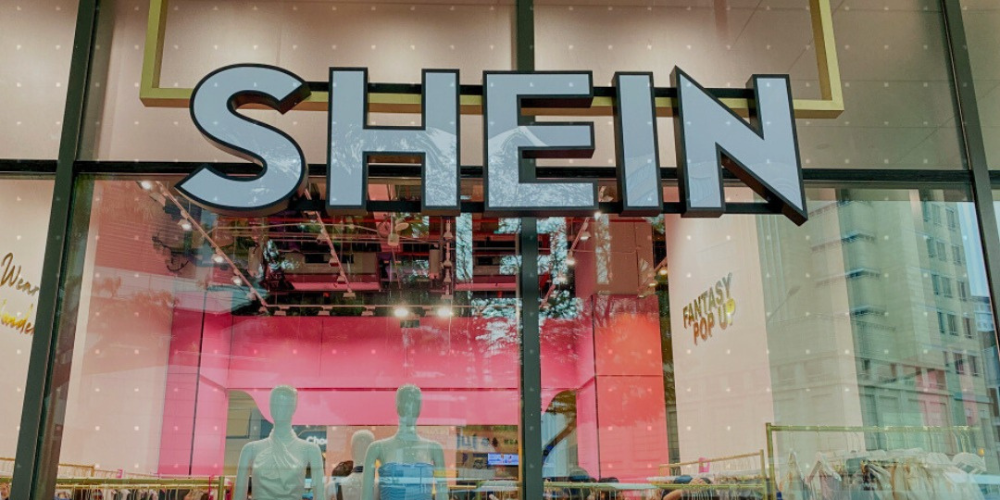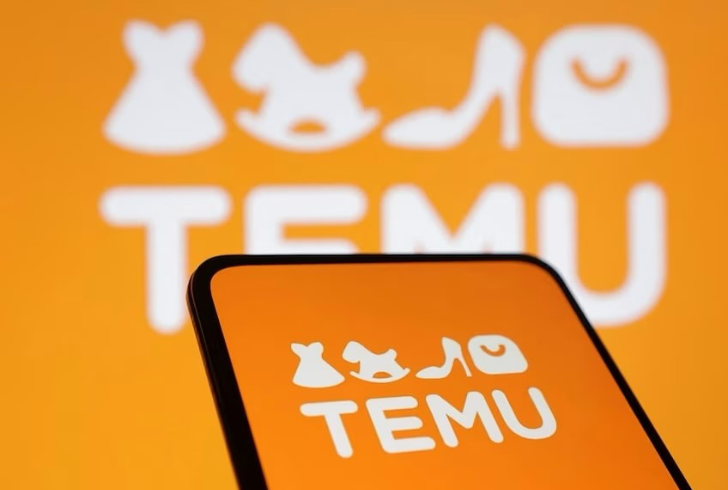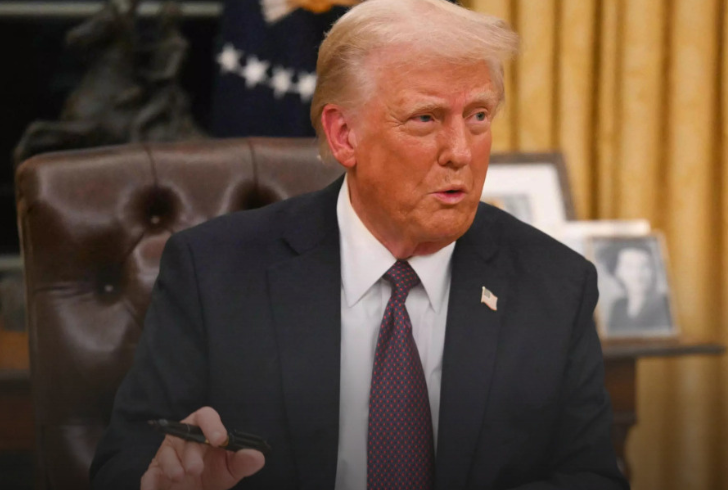
Shein & Temu Hit by Trump’s Tariffs – Are Cheap Prices Over?

Shein and Temu have shaken up the fast-fashion industry by offering ultra-cheap clothing directly to consumers, bypassing traditional retail channels. But a major shift just changed everything. Former President Donald Trump has imposed a 10% tariff on all Chinese imports and eliminated the de minimis tax exemption, which allowed packages under $800 to enter the U.S. duty-free.
This move could reshape not only Shein and Temu’s business models but also consumer shopping habits.
How Shein and Temu Rose to Dominance

Instagram | _.elegance.by.gaga | Shein and Temu avoided US import taxes by shipping individual orders directly from Chinese factories.
Shein and Temu capitalized on a loophole in the U.S. tax system. While American brands like Gap and H&M pay hefty import taxes when bringing inventory into the country, Shein and Temu avoided these costs by shipping individual orders straight from Chinese factories to U.S. customers. In 2022, this allowed them to pay zero in import duties, while major competitors paid hundreds of millions in taxes.
Their strategy worked. Shoppers flocked to these platforms, lured by trendy fashion at rock-bottom prices. In a matter of years, Shein and Temu went from unknown names to dominant players, driving a massive increase in small-package imports—from 140 million in 2014 to a staggering 1 billion in 2023.
What Trump’s Tariffs Mean for Shein and Temu
With the de minimis exemption gone, these companies will now face import taxes like every other retailer. Logistics experts report that vendors are already being asked to pay up to 30% extra on the retail price of goods shipped from China and Hong Kong. As these costs trickle down, prices will inevitably rise.
“Shein and Temu built their entire business model on de minimis,” says Columbia Business School professor Kinshuk Jerath. “Without it, they have little room to maneuver.”
Can Shein and Temu Keep Prices Low?
Some speculate that Shein and Temu might try to absorb these new costs in the short term, but experts doubt this is a sustainable approach.
“These companies have deep pockets,” Jerath says. “But no company can take losses forever while staying profitable.”
Unlike tech giants like Amazon and Uber—who once operated at a loss to dominate their industries—Shein and Temu are facing direct competition that won’t be easily wiped out. As Giacomo Santangelo, senior economics lecturer at Fordham University, points out, “This strategy won’t work for them because there’s no way they can eliminate their competitors.”
A Shift in Consumer Behavior

Instagram | deccanchronicle_official | Trump’s tariffs may reshape shopping habits, pushing brands to compete on quality over low prices.
Beyond affecting Shein and Temu, Trump’s decision could significantly change how people shop. For years, American retailers struggled to compete with ultra-cheap Chinese brands, often being forced to lower prices or cut costs elsewhere. But with the playing field leveling out, brands may now shift focus to factors like quality and convenience.
1. Faster shipping
Shein and Temu orders from China typically take 7 to 10 days to arrive. With smaller price differences, many shoppers may prefer domestic brands that can deliver within 48 hours.
2. Better quality
Shoppers who were willing to buy disposable clothing for a few dollars may rethink their choices if prices go up. “If you’re paying more, you might want something that lasts longer than a couple of washes,” says Itamar Zur, CEO of shipping company Veho.
3. Different shopping habits
Shein operates on an on-demand model, adding thousands of new styles daily and only mass-producing items once they prove popular. If the company shifts to U.S.-based warehouses to avoid higher taxes, it will need to predict demand weeks in advance—fundamentally altering its business strategy.
The Road Ahead
While the new tariffs are already in effect, the situation remains fluid. Trump recently delayed another planned tariff increase on Mexico and Canada at the last minute, leaving some uncertainty about whether these policies will stick.
“It’s a rapidly changing situation,” Santangelo warns. “What happens next is still up in the air.”
For now, though, Shein and Temu are facing the most significant challenge to their business models yet. And as their prices rise, shoppers may start looking elsewhere—reshaping the fashion industry in ways that go far beyond any single retailer.
More in Business
-
`
Why Istanbul Is the New Celebrity Hotspot for Style and Wellness
Celebrities are constantly reinventing themselves—sometimes through a new sound, other times through a striking new look. But the latest wave of...
October 1, 2025 -
`
Is Apple Ditching the SIM Card With Its Latest iPhone?
For years, sliding a tiny SIM card into a phone has been the first step to getting connected. Apple now appears...
September 23, 2025 -
`
Why New York Nightlife Keeps Attracting Visitors Worldwide
New York comes alive after dark in a way few places on earth can match. The city never limits itself to...
September 16, 2025 -
`
How Celebrities Are Taking Over the Business World
The definition of celebrity success has expanded well past awards and sold-out tours. Today, many Hollywood names are equally focused on...
September 9, 2025 -
`
Which Foods Should You Avoid When on Holiday?
Vacations are meant to be filled with unforgettable moments, but one wrong meal can turn a dream trip into a health...
September 2, 2025 -
`
Quantum Computing Set to Give Commercial Real Estate a Major Lift
Quantum computing is no longer a concept confined to research labs. It is steadily moving toward commercial use, and with that...
August 26, 2025 -
`
Is Your Office Suffering from ‘Culture Rot’? Here’s How to Spot It
A healthy workplace doesn’t need to be perfect, but it should inspire productivity, respect, and trust. Yet, an alarming trend is...
August 19, 2025 -
`
The Small Businesses That Built Musk’s Empire Are Now Bankrupt
What looked like a dream deal for small businesses working with Elon Musk’s companies turned into a financial nightmare for many....
August 12, 2025 -
`
The $2.3 Billion Food Waste Challenge in Short-Term Vacation Rentals
Short-term vacation rentals may offer comfort, but they also come with a hidden cost—food waste. A recent study from Ohio State...
August 5, 2025















You must be logged in to post a comment Login